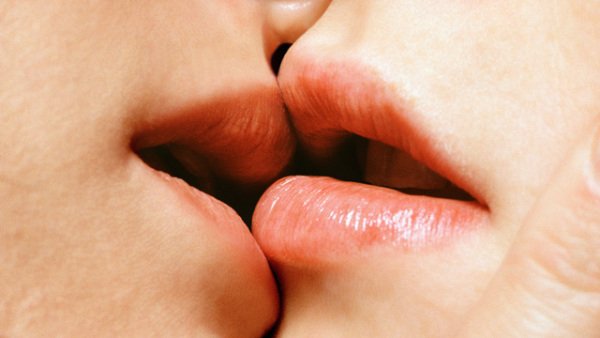AIDS (Acquired Immune Deficiency Syndrome) is a condition that weakens the body’s immune system, caused by the Human Immunodeficiency Virus (HIV). This disease compromises the body’s defenses, making individuals more susceptible to infections. Despite advancements in treatment, there is still no definitive cure for AIDS/HIV. The virus can be transmitted in various ways, but can it be spread through kissing? Let’s clarify the facts.
How Is HIV Transmitted?
HIV is primarily spread through bodily fluids from an infected individual. These fluids include:
- Blood: Transmitted through blood transfusions, shared needles, or open wounds.
- Semen and Vaginal Fluids: Spread through unprotected sexual intercourse.
- Breast Milk: Passed from an infected mother to her breastfeeding infant.
The virus cannot survive outside the body for long and does not spread through casual contact or through fluids like saliva, tears, or sweat. Therefore, HIV transmission requires direct contact with specific bodily fluids that carry the virus in significant quantities.
Is Kissing a Risk?
Studies confirm that HIV cannot be transmitted through saliva, making kissing a generally safe activity. However, there is a minor exception: if one or both individuals have bleeding gums, open sores, or wounds in the mouth, the risk of transmission increases slightly due to potential blood exposure.
For example:
- Closed-mouth kissing: Safe and does not pose any risk of transmission.
- Open-mouth kissing: Still considered low-risk unless there is blood present due to oral injuries.
Important Considerations
- Saliva Does Not Transmit HIV: Saliva contains enzymes that inhibit the virus, making it impossible for HIV to spread through kissing.
- Oral Health Matters: The presence of bleeding gums or oral injuries can increase risk if blood is exchanged.
- Understanding Risks: Casual and social interactions, like kissing without blood involvement, are not causes for concern.
Key Takeaways
- HIV Transmission Requires Specific Bodily Fluids: Blood, semen, vaginal fluids, and breast milk are the main fluids that carry the virus.
- Saliva Does Not Transmit HIV: Kissing is safe unless there are open wounds or bleeding in the mouth.
- Precautions in Rare Cases: If there are oral sores or bleeding gums, exercise caution.
HIV transmission through kissing is extremely unlikely and should not be a source of fear for most individuals. The virus is primarily spread through unprotected sexual contact, shared needles, or blood exposure. Practicing safe behaviors and staying informed are essential for preventing HIV transmission. If you have concerns about HIV or other sexually transmitted infections, consult a healthcare provider for guidance and testing.


